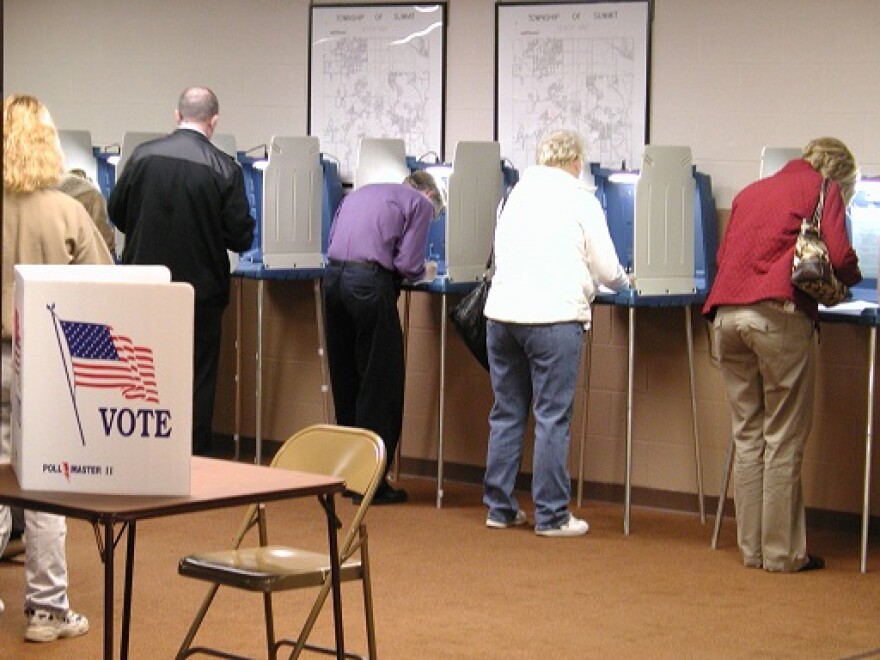The Michigan Supreme Court will hear arguments Tuesday on rules covering partisan challengers and poll watchers on Election Day. Lower courts have already ruled with Republicans that Democratic Secretary of State Jocelyn Benson did not hold required public hearings before changing the rules.
The plaintiffs include GOP election day volunteers, the Michigan Republican Party and the Republican National Committee. They say a list of rules and procedures issued in May of 2022 is not valid because much of it violates state election laws and was never promulgated under the Michigan Administrative Procedures Act.
“The lower courts reached the right results for the right reasons in this run-of-the-mill (Administrative Procedures Act) case,” said the GOP’s brief in the case. Also that “… the Democrat and Republican parties alike—and their affiliated challengers—have exercised these rights for decades. And for good reason: the presence of election challengers and the meaningful exercise of their rights are vital to instilling confidence in the electoral process.”
The purpose of the rules is to thwart efforts to interfere with voters and election workers at polling places and at absentee vote counting boards.
Benson’s office would not comment on the case with oral arguments pending before the state’s top court.
But Ingham County Clerk Barb Byrum, a Democrat who filed an amicus brief, said the rules are necessary to avoid threats and interference with poll workers and voters. She told the Michigan Public Radio Network that efforts to slow or hold up the counting can undermine confidence in the results.
“It jams up the system on election day at the polling location,” she said. “It jams up absentee counting boards. And it also has some concerns with early vote sites, and these are not done in good faith. These are done intentionally to slow down the process.”
Once the oral arguments are done, the case is submitted for a decision by the court’s seven justices. The Supreme Court is expected to rule quickly in time for the August primaries and the November general election.



